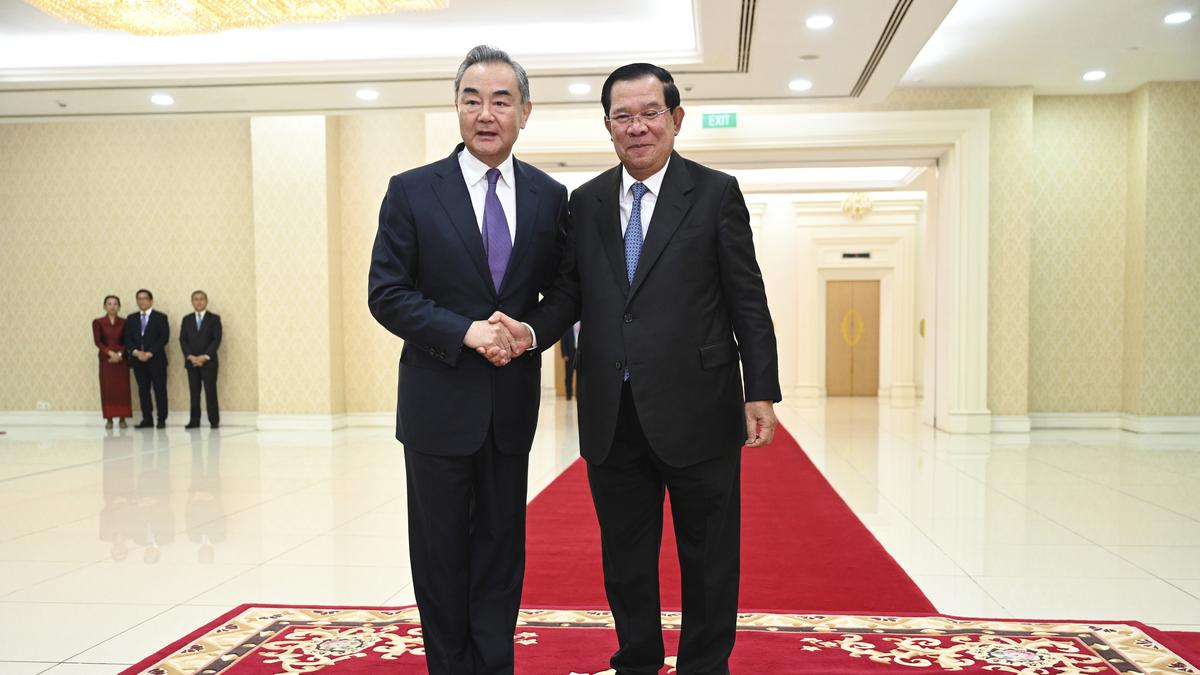
Hey there, folks! We’re delving into a diplomatic development that highlights the intricate dance of politics and international relations. Picture this: a foreign minister’s visit that carries the weight of commitment and collaboration. We’re talking about China’s Foreign Minister, Wang Yi, who recently paid a visit to Cambodia—a visit that holds significance amidst a leadership transition in the southeast Asian nation.
Strengthening Ties
In a world interconnected by diplomatic threads, actions speak louder than words. China’s Foreign Minister, Wang Yi, ventured to Cambodia over the weekend, sending a powerful message of reaffirming the bond between the two countries. As a cornerstone of diplomacy, such visits underscore the depth of relations and the shared interests that nations pursue together.
A Change in Leadership
As the world turns, so does the political landscape. In Cambodia, the torch of leadership passed from an incumbent Prime Minister to his son. The transition, however, wasn’t without its nuances. Following a one-sided election, Hun Sen, the long-standing Prime Minister, handed over the reins to his 45-year-old son, Hun Manet, who also holds the role of the country’s Army chief.
Diplomacy in Action
Amidst this transition, Wang Yi’s visit takes on an added layer of significance. As the first foreign leader to touch down in Cambodia during this pivotal time, the visit underscores China’s stance of continuity and support. It’s a reminder that diplomatic relations are nurtured not just through words, but through actions that demonstrate commitment.
A Symbolic Gesture
Leadership transitions can be moments of uncertainty, but they also present opportunities for nations to strengthen their bonds. China’s gesture of solidarity, manifested in Wang Yi’s visit, sends a symbolic message of partnership to Cambodia. It’s a show of support for the nation’s new leadership and a reiteration of shared interests that continue to shape their collaboration.
Looking Forward
As the wheels of diplomacy turn, the visit of China’s Foreign Minister serves as a marker of the path ahead. It’s a glimpse into a future where nations navigate challenges and opportunities together. In times of transition, the strength of diplomatic ties is put to the test, and visits like these signify the unwavering resolve to face these tests together.
Conclusion
Ladies and gentlemen, the world of international relations is a complex web of connections and collaborations. As we witness Wang Yi’s visit to Cambodia, let’s remember that these diplomatic gestures aren’t just symbolic—they carry the weight of nations’ commitments and aspirations. In a time of transition, they offer a beacon of continuity, highlighting that even as leadership changes, the bonds between nations remain steadfast.









